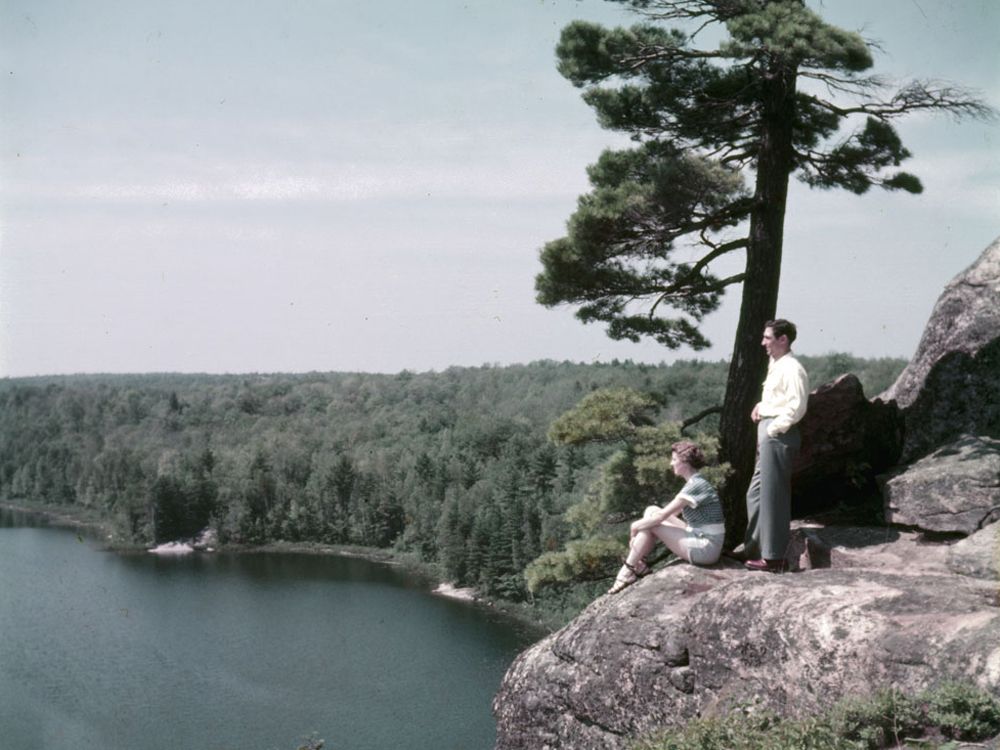..... It's not actually addressing any real housing concerns.
1) Its about applying a principle consistently; absent evidence that justifies an exception.
Urban STRs are problematic because they displace people who need housing, by turning condos into hotel rooms and houses into hostels. I don't see how cottage STRs are problematic when the people renting them are using them for exact purpose intended: recreation. Generally speaking, it's not displacing a potential long term resident.
Insofar as it drives up the cost of ownership, it naturally displaces some potential residents be they permanent or seasonal. I can assure you there is a shortage of affordable units for resort workers in many areas, including the muskokas as units that used to be rentable for a season have become completely unaffordable. Previously one might get space, personal or shared, for as little as $800 per month just a few years ago. That price point is now is now 2-days in STR, or sometimes 1.
And as for who makes money off that? I fail to see why this is a public policy concern.
Your failure to understand is a problem, but it does not make the policy proposal anti-capitalist.
Investing in cottages is arguably okay because it helps boost tourism in those areas.
This presumes a significant net gain in total population, on a full-year basis, with the same number of buildings; while excluding the displacement effect on locals, seasonal, low-wage workers and others.
It also doesn't generate the investment in tourist amenities that hotels/resorts create; while diminishing the economic return of same.
It makes those areas accessible to a much wider swath of the population, while making someone money and creating jobs for locals.
Evidence, please. I do not agree w/this conclusion in the absence of evidence that validates it.
Arguing that cottages should be kept cheap for a handful of mostly upper middle class owners to exclusively use?
That's not what I'm arguing. Its disingenuous to suggest as much.
The knock-down pressure of lower prices has multiple side effects; it generates more hotel rooms for one; it also generates more campgrounds and other facilities.
That's elitist to top it off. So some poor immigrant kid from Toronto (me in the 90s) shouldn't be able to experience "cottaging" because my parents weren't old money enough to buy one when they were cheap?
This piece will suggest to you that immigrants are currently a rare sight in cottage country and even less likely to be owners. Making the price point more accessible by booting investors would likely increase diversity in cottage country, not the other way around.
Sabrina Maddeaux: While we tend to link it in our minds to a sentimentality for the past, cottage culture has always been influenced by the values of the times

nationalpost.com
I would point out that cottage country used to be accessible to lower-middle income parents like mine.
Neither of my parents ever owned a house. But while together, they were able to afford a cottage in the Kawarthas.
Also, scandinavia shows some of the highest ownership of recreational/cottage properties in the world.
Its part of a fairer, more equal society.,
It also means restrictions on what those properties can be.
Which is to say, when I was a child, cottages rarely had indoor plumbing, you used an outhouse. There was no such thing as heating or air conditioning (for the most part). A cottage was a modest structure in size that providing you a roof, walls and windows, and maybe a woodburning stove for warmth and cooking. It provided highly affordable access to the outdoors.
The STR culture has been part of the movie make these places 4-seasons and lux, causing them to be priced well beyond the poor irrespective of income.
A quick search of Airbnb shows a median price of ~$400 per night for cottages in the Muskokas. Not too many low-folks snapping that up.





